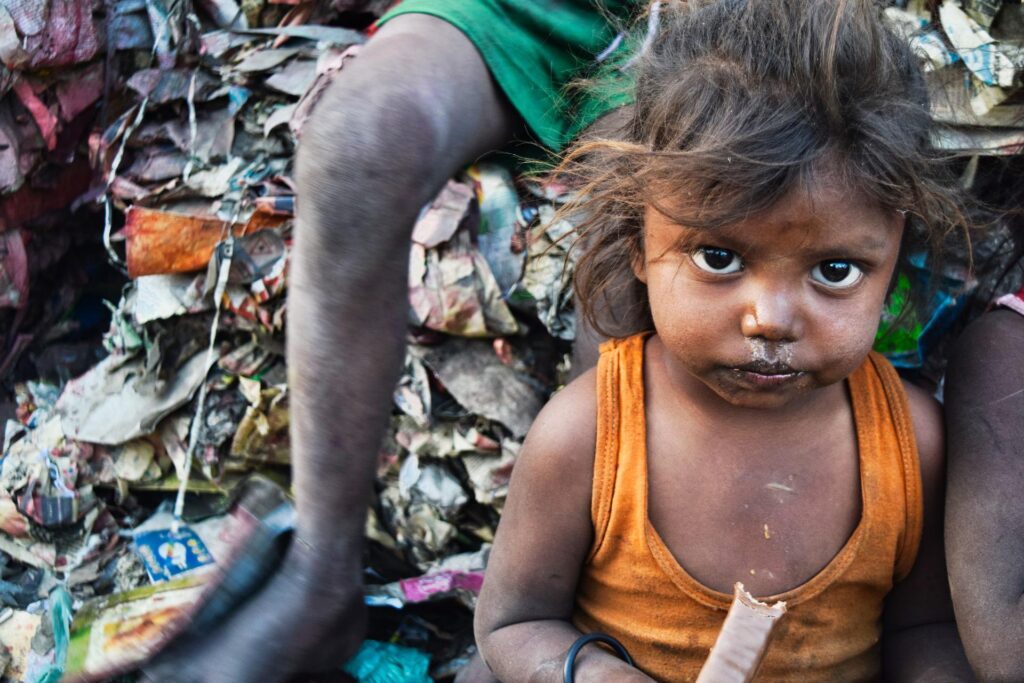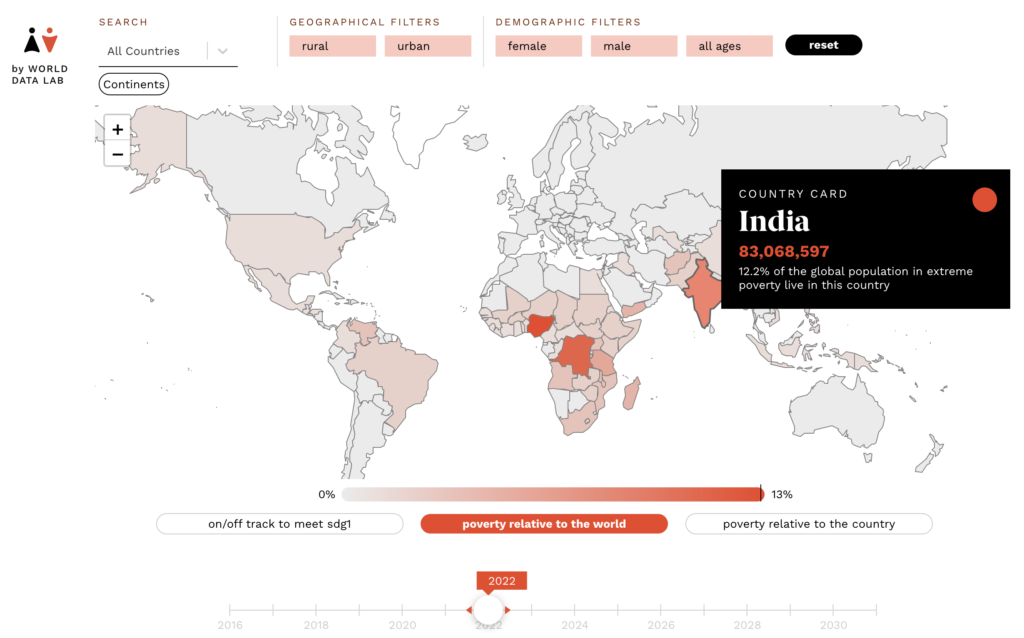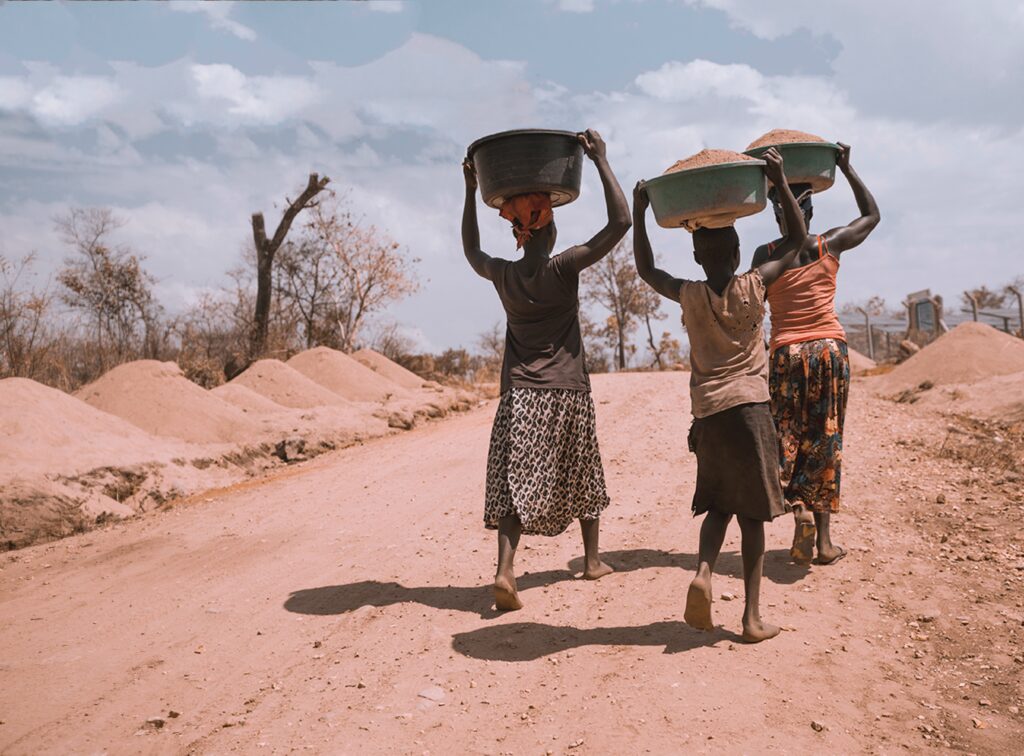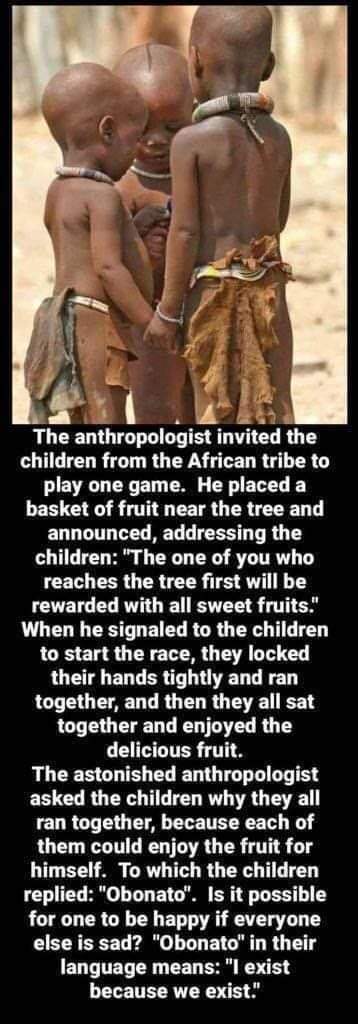What Living in Poverty Teaches You

If you are thinking this post is about idolizing poverty, then you are wrong. Rather, this post is about what living in poverty teaches you. Sounds surprising? Can we even learn anything from living in poverty? Isn’t poverty vicious and we should try to stay away from it as much as possible? If we don’t live in poverty, we should just feel fortunate enough and move on with our lives? Or at most give some charity to the poor and feel that we are done with it? Moreso what does poverty mean to you? Whether you live in poverty or have faced it or just that it is someone else’s problem? Let’s find out more in this post what we can learn from poverty that can help us find our fulfillment in life.
“Our life of poverty is as necessary as the work itself. Only in heaven will we see how much we owe to the poor for helping us to love God better because of them.”
~ Mother Teresa
Contents
Related Posts On What Living in Poverty Teaches You
- 6 Ways to Break the Vicious Cycle of Poverty
- 6 Conditions for Happiness Even Being Poor
- How to Break the Circle of Money
How Many People Live in Extreme Poverty

Did you know there are about 678 million people in the world living in extreme poverty per world poverty clock on July 22, 2022? That is living on less than USD 1.9 a day. Of all the countries in the world, the top three countries with the highest absolute number of people living in extreme poverty being India and Nigeria at 83 million each and Republic of Congo at 67 million. Thus, if you have not faced or seen poverty, it might be difficult to fathom how people can even live on such meager earnings.

How is it Like Living in Poverty?
Then the question you may have is, how is it like living in poverty? Especially if you have not experienced it or seen it closely. Most of the people living in developed countries don’t see extreme poverty because extreme poverty is less than 3% of their populations. So it is not so rampant, but in the countries with the highest absolute numbers, the Republic of Congo is as high as 72%, in Nigeria 39% and in India 6% of their total populations. Thus, if you live in the Republic of Congo, you would know better what living in extreme poverty is like. Long story short, living in extreme poverty is tough. But there are several aspects of life that living in poverty teaches us.

What Living in Poverty Teaches You
Struggle
Poverty is extremely tough. Since it can test your patience, endurance, and integrity. Many times it can put impart stress on your relationships. So if poverty is so tough, what does it teach us? Struggle. Life, as we say, is not a bed of roses or a cakewalk. Thus, the question may be, why do we need to learn about struggle? No one has achieved success or changed others’ lives without going through struggle themselves. Struggles teach us discipline and the value of hard work. It inspires us to dream of a better life. Then work towards making that dream come true. Without struggle, life can sometimes become mundane and boring.
But the biggest takeaway from struggle is that we need to stay positive and not give up. Because giving up can lead us towards pursuing destructive paths like succumbing to drugs and anti-social or illegal work streams. In a nutshell, it is on us how to leverage our struggle to become successful and achieve our dreams. That improves our quality of lives and others.
Industriousness
We touched upon hard work in struggle, but poverty teaches us industriousness. For any economy to grow or sustain it needs it human capital to be productive and contribute to the economy. Suppose everyone were multi-millionaires and didn’t need to work anymore? Will that help the economy? So that’s the reason work is godliness. It is something that keeps us both mentally and physically fit. Mentally sane. Just as the bible says, “idle hands are devil’s workshop”.
So does that mean we should work until we die and never retire, even if we can afford to? Our governments would prefer that since working is a source of tax and less burden on the social security system. Across the developed world, the retirement age to receive social security and medicare has been increasing. But what do most people prefer? Do they see meaningful work as a path to achieve personal fulfillment in life? That is a topic for another post.
Compassion
Did you ever hear that poor people are more broad-minded than rich people? It is very much true. The poor have much more compassion than the rich. Harsh to say the rich are usually more selfish. Just because the poor face the hardships themselves and have more empathy for the other underprivileged people. Moreso, the rich are usually more opportunistic and prioritize on increasing their own wealth over improving the quality of lives of the underprivileged. A lot of times it is driven by the mindless consumerism of the wealthy nations. Since the rich have too many wants: a mansion, a yacht, super cars and luxurious vacations. Not everyone who is born with a silver spoon can empathize with the poor or the downtrodden. Since sometimes, living in poverty helps us relate to their conditions, struggles, and dreams.

Gratitude
Only when we either live in poverty or are close to poverty do we realize how fortunate we are because there is always someone else who is much less fortunate than us. When there are millions of people living in extreme poverty under less than USD 1.9 per day, how can we complain if we are doing much better? Why should we then hanker over more money, a bigger house, a bigger car, an overseas vacation or fancier dining? Why can’t we be grateful for what we have got and explore how we can help others with the surplus we have? Moreso, if we can cease to be slaves to our never-ending wants in life, we can experience much more gratitude.
Giving
Compassion, gratitude and giving go side by side. Have you observed or experienced that poor people have much bigger hearts? In many eastern and middle eastern cultures, poor people are more warm-hearted in providing alms and support to lesser fortunate people. Sometimes the rich are competing with themselves to amass a certain amount of wealth. They have number to attain, whether it is millions or even billions. Hence, in this race, they forget to give away a part of it because that will just reduce that number. Whereas the poor just don’t have any number. Many times they live by the day or for the day. If they have some surplus, many don’t shy away from giving it away.
In many cultures, people truly believe they come naked in the world and will leave naked. And the world just doesn’t belong to us, it belongs to even living beings in the world, so we should live a simple life and shun rampant consumerism. Since I exist because we exist.
Simplicity
Did you even image life can be so much enjoyable and stress free if we can live a simple life? If you had fewer credit cards? One less car? Or one less house? Or just fewer possessions to either worry about, maintain or provide insurance for? The question is how many stuffs do you really need to live a happy and fulfilling life? Because most of the time, we choose to make life more complicated than it really is. Hence, if we have experienced poverty, we know we can live a simple life. A life that is much more hassle-free and stress free. What we need is to improve the quality of our lives and our next generations. More than amassing wealth, we need to pursue the journey of finding our calling and fulfillment in life.
Frugal Innovation
The major thing that poverty teaches us is frugal innovation. Frugal innovation is coming up with innovative solutions that improve our lives but at a much lesser capital or initial investment. Many developing countries, like China and India, are at the forefront of frugal innovations. It is only when you have bigger problems to solve but don’t have sufficient resources it force our minds to innovate with lesser means. In today’s world of globalization, everyone needs to be competitive since it is always survival of the fittest. There is a lot, poverty can teach us about frugal innovation.
Happiness
Now what is the relation between poverty and happiness? If some are living in poverty and not able to meet one’s basic needs, they can never be happy. But once we reach the threshold of income, there is only a marginal increase in happiness with an incremental increase. In the US, that threshold is about $70,000 per year for households. But what poverty teaches is how to be contended with what we have versus brooding over what we don’t have. It teaches us how to appreciate the small things in life that truly give us happiness.
Many times, it helps foster bonding in the family, interdependence, and trust. For example, you have a family of four members and you live is a small apartment. How much bonding you will have with your family compared to living in a mansion where every family member lives sparsely? Again, the relationship between poverty and happiness is complex, but many times we can be much happier with less.
Hope
Poverty teaches us to have and live in hope. Because we cannot live without hope. We need something to live for. We may have less and want a better quality of life for ourselves and our children, but we can have hope. The hope of possessing something as trivial as a cool keg. Something that can make our lives a little better. That which can improve the quality of our lives a tad better. It is this hope that pushes us forward. To pursue education, work hard, be industrious and innovate with the little available means. Just imagine, what could be the incentive if you have it all in your lives? Why do so many people become hopeless, take to drugs or even commit suicide?
Purpose
Finally, poverty can teach us finding our purpose in life. When we go through all the hardships associated with our poverty, we can find our life’s aim.
Moreso, it is only when we live a simple life with much less we can focus on finding out our calling in life. What is our strength with which we can change the world or positively affect the lives of others? What legacy we can leave behind?
Should You Live in Poverty Even if You Don’t Need To?
Then the question is, in order to understand what living in poverty teaches you, do you need to experience poverty even if you don’t need to? This is a complex question. Why do you need to live in poverty if you have enough money and can live a much more comfortable life? The short answer is no, but if you choose to do so, you will become a much wiser person.
Did you ever hear about why you should live the life of a monk even if it is for a short period? There lies the answer to this question. What living in poverty can teach you is profound. The underpinning question is, do you have the courage to embark on this journey? The journey of discovering yourself, finding your calling, your purpose and fulfillment in life. Something to consider thinking in the materialistic world we live. Worth exploring collectivism against individualism in a self-centered world.
Conclusion On What Living in Poverty Teaches You
What living in poverty teaches you is a complicated topic. Because many times we consider poverty a stigma or unfortunate. So openly talking about poverty is something we avoid. But if we really care about the poor, why should we not engage in talking about it? How do our actions or decisions either alleviate or aggravate poverty in our country or in the world? Why can’t we talk about considering, living in poverty even if we don’t need to just so that we can empathize better and do our part to ease poverty?

Leave a Reply
You must be logged in to post a comment.